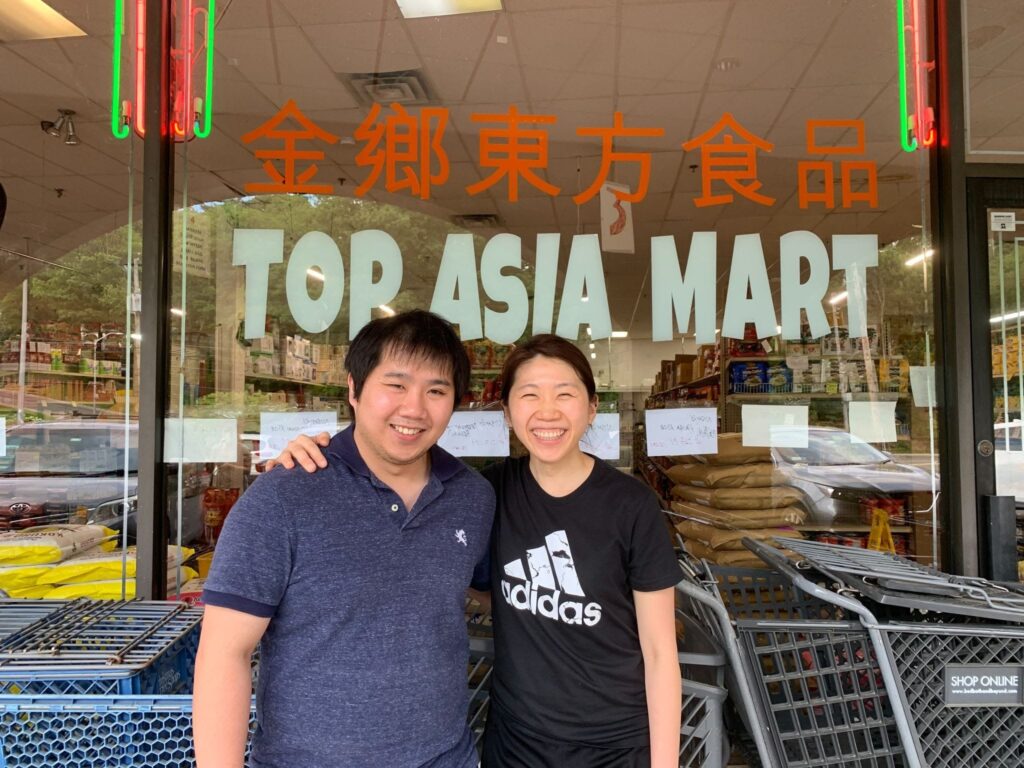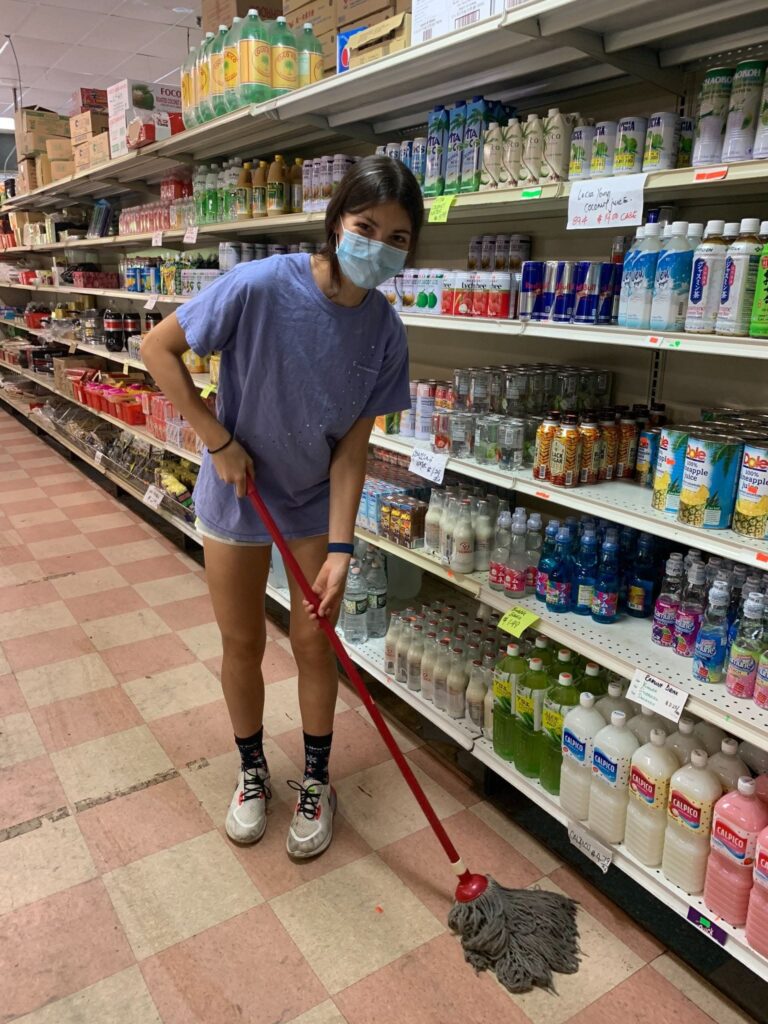Case Study
Zuckerberg Institute and Students Help Small Businesses Through the Pandemic
Testimonials
“I've learned not only about business, but I've learned how to become a better citizen, a better community member, and a better person.”
Jake Ourman Student With the Post-Pandemic Task Force
“Having the network and guidance of this group at this critical time is of real value to me and my business. It is a miracle.”
Colby Jenkins Business Owner
The Post Pandemic Task Force is a three-month course led by Randi Zuckerberg (Creator of Facebook Live) and the founders of the Zuckerberg Institute. In collaboration with Open Citizen, it trains students on the mindset necessary to thrive as successful innovators. Students learn ways to differentiate themselves and increase their success, while working collaboratively with a small, dedicated team of peers.
As members of the Task Force, students worked alongside businesses in the northeastern United States to help solve real problems they faced as a result of the COVID-19 global pandemic.Together, they take action and are held accountable within a group of focused and driven peers in collaboration with local municipalities.
As part of this experience, students learn about strategies in leadership, collaboration, how to effectively pitch their idea, time management, and how to move from iteration to action.
To start, students work with the local business owner to identify the root problem they are facing. For example, Top Asia Mart in Scarsdale opened during the lockdown, only to face the difficulties of decreased supply and increased demand, struggling to build new clientele when most were homebound, and to keep their store clean and staff and customers feeling safe.
Then, students use an iterative open inquiry research process developed by Beagle Learning to come up with innovative solutions. They pitch their action plan to global leaders who mentor them on potential solutions. After receiving feedback from both global leaders and the local business, the students enact their plan over the course of a month to produce tangible results in helping each business move forward beyond the pandemic.
Tiffany Tong spoke of how the students actually helped them sanitize the store for hours, got them set up with social media pages, and tried to boost their profile in the community and improve the customer experience in the store. “They gave us ideas on how to make our store better,” Tong said. “This program is very valuable. Being a small business is not easy.” To see more examples of work from the Post Pandemic Task Force see the video below.
Project goals
- Give students real-world, exploration learning experience
- Help struggling small businesses in the NY and NJ area stay on their feet
- Engage students in leadership practices in conversation with Global Leaders.
Outcomes
Students learned how to be better team members and work together in a team. They built a community while rallying around struggling businesses. By using the open inquiry structure within OpenCitizen, students created innovative solutions for their businesses while learning how to think globally and act locally. This student-centered learning process helped students to build confidence and know that they can solve a problem in their own community. Below are some of the results of this exciting program.
Stats from January ‘21 to July ‘21 cohorts:
- 110 high school students
- 15 local businesses (restaurants, hair salons, gyms, etc.)
- 80% of which are female and minority owned businesses
Impact Metrics:
- 8% increase in collaboration confidence
- 15% increase in self-confidence
- $20,000 of support re-invested in the businesses
Focus skills gained:
- Communication
- Collaboration
- Team work
- Leadership
- Innovative thinking
Innovative solutions from students:
- Focus website redesign on narrative structures
- Optimized SEO and store layout to improve customer experience
- Transitioning in person experiences to digital offerings


